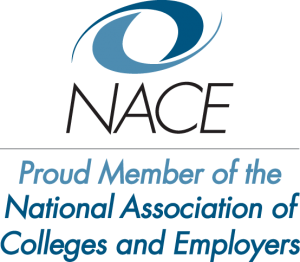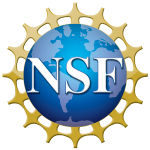In its June 22, 2015 cover story, Time Magazine asked the question, “How High is Your XQ?” suggesting your next job could depend on it. The story summarizes the growing popularity of psychological tests combined with predictive analytics to help employers make hiring decisions. Time appropriately noted some concerns with the over-reliance on personality tests – although it fails to note one of the primary reasons (they just don’t work that well). Time also noted that there are lingering questions about what is being assessed, and what should be assessed. XQ, in fact, is an acronym coined by the author, and refers to the mysterious qualities being tested for.
The article closes with a vision of the future offered by Google’s executive in charge of hiring, Laszlo Block, who suggested the future is not to abandon analytics, but to double down, building “an assessment system that goes beyond personality to span all sorts of factors and draw on a broader variety of workers and companies.” Block says: “If you could actually assess what makes people perform well … you could go a long way to matching people to jobs. You need to actually understand how jobs and employment works across the country. And I think over the next 5 to 10 years, someone’s going to figure that out.”
Well, actually someone already has. For nearly four years, jobZology® has been using its own predictive analytics to match individuals to jobs. And, we double down by matching individuals to organizations, because even if you love your job, you just may not fit the culture of the organization. jobZology®’s X factor is a measure of someone’s vocational interests and values. Personality can be related to job performance, someone outgoing may be great at customer service, but we know that all jobs can be defined by a set of interests and values of individuals who love doing that work. By screening applicants on those same interests and values, we are able to scientifically predict what applicants fit the jobs for which they are being hired. When we fit our jobs based on our interests, we find the work compelling and we want to persevere, work hard, learn to do better. We improve over time. When we fit our jobs based on values, we find deep meaning in the work, we are passionate, and we’re more likely to be engaged. And, when we fit our culture, we’re committed to the organization and we want to stay.
To be sure, it’s also important to assess an applicant’s knowledge, abilities, and skills, but Fit to Job and Fit to Organization differentiates between “can do” and “will do” and is how organization’s can solve for X.
We do this everyday.







